In a groundbreaking decision, Judge Christopher C. Conner of the U.S. District Court for the Middle District of Pennsylvania struck down the state’s ban on carrying firearms in vehicles without a license.
This ruling, a win for the Second Amendment Foundation (SAF) and its allies, significantly alters the landscape of gun rights in Pennsylvania.
The Core of the Ruling

Judge Conner’s ruling dismantles the longstanding prohibition that kept Pennsylvanians from having firearms in their vehicles without a license.
This was challenged as an infringement on constitutional rights, leading to its overturning. The decision directly addresses issues faced by many citizens, especially those struggling to obtain a license.
A Recent Charge

Despite the recent ruling, a man was arrested under what is now deemed an unconstitutional charge in Pennsylvania.
A man from Perkasie faces a felony charge of carrying a firearm in his car without a license. Trajon Wilson, 20, had his 2019 black Hyundai Sonata searched when the police could smell marijuana from the vehicle. He is currently awaiting a preliminary hearing in late August.
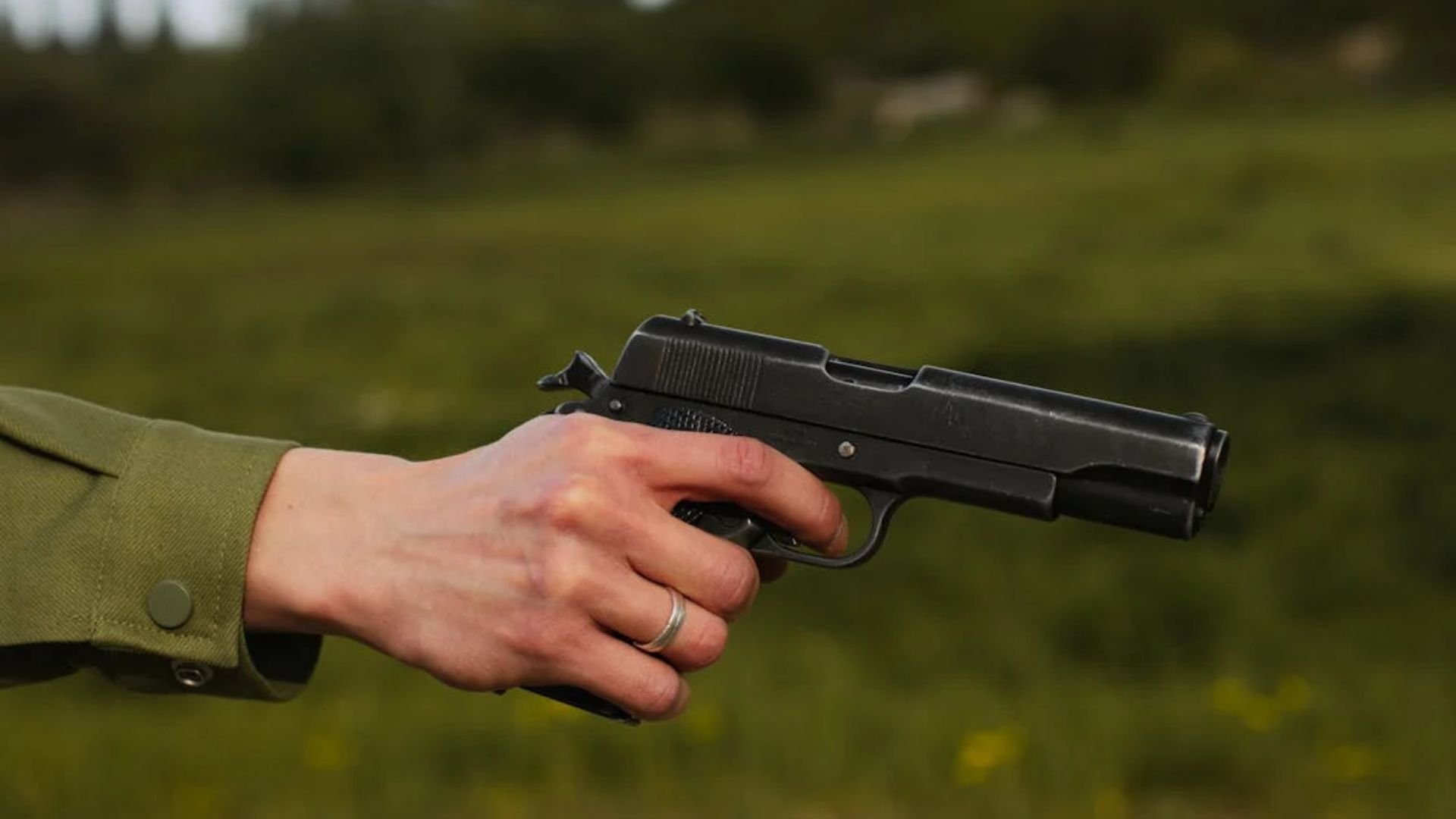
On refusing a search request, the cops impounded the car on a search warrant.
Police said a Taurus G3 9mm pistol was sitting under the passenger seat that contained a loaded magazine with 11 rounds of ammo. Wilson is waiting for his preliminary hearing for numerous drug felonies and eluding police charges. This July, Wilson was taken to court before Magisterial District Judge Regina Armitage. The judge set the bail at $50,000 unsecured.
What the Ruling Means for Wilson
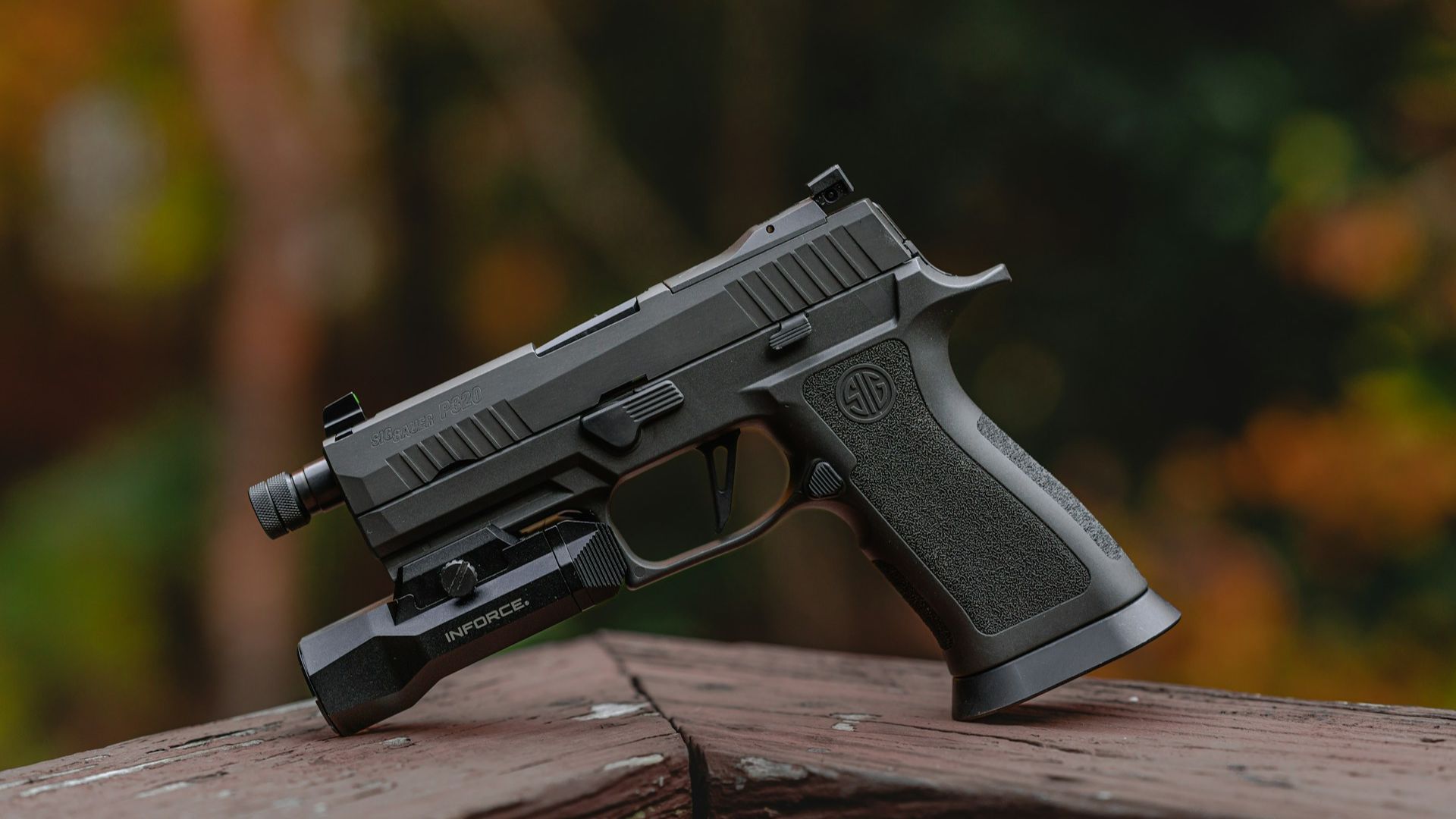
How does Judge Connor’s decision affect cases like Wilson’s? The accused had previously pleaded guilty to a drug misdemeanor in Montgomery County Common Pleas Court in 2021, according to court records.
While his hearing will look into the drug charges, as of this ruling, it will be unconstitutional to charge Wilson for carrying an unlicensed pistol in his car. Law enforcement practices must adjust to how cases like Wilson’s will go forward.
Expanding Gun Rights During Emergencies
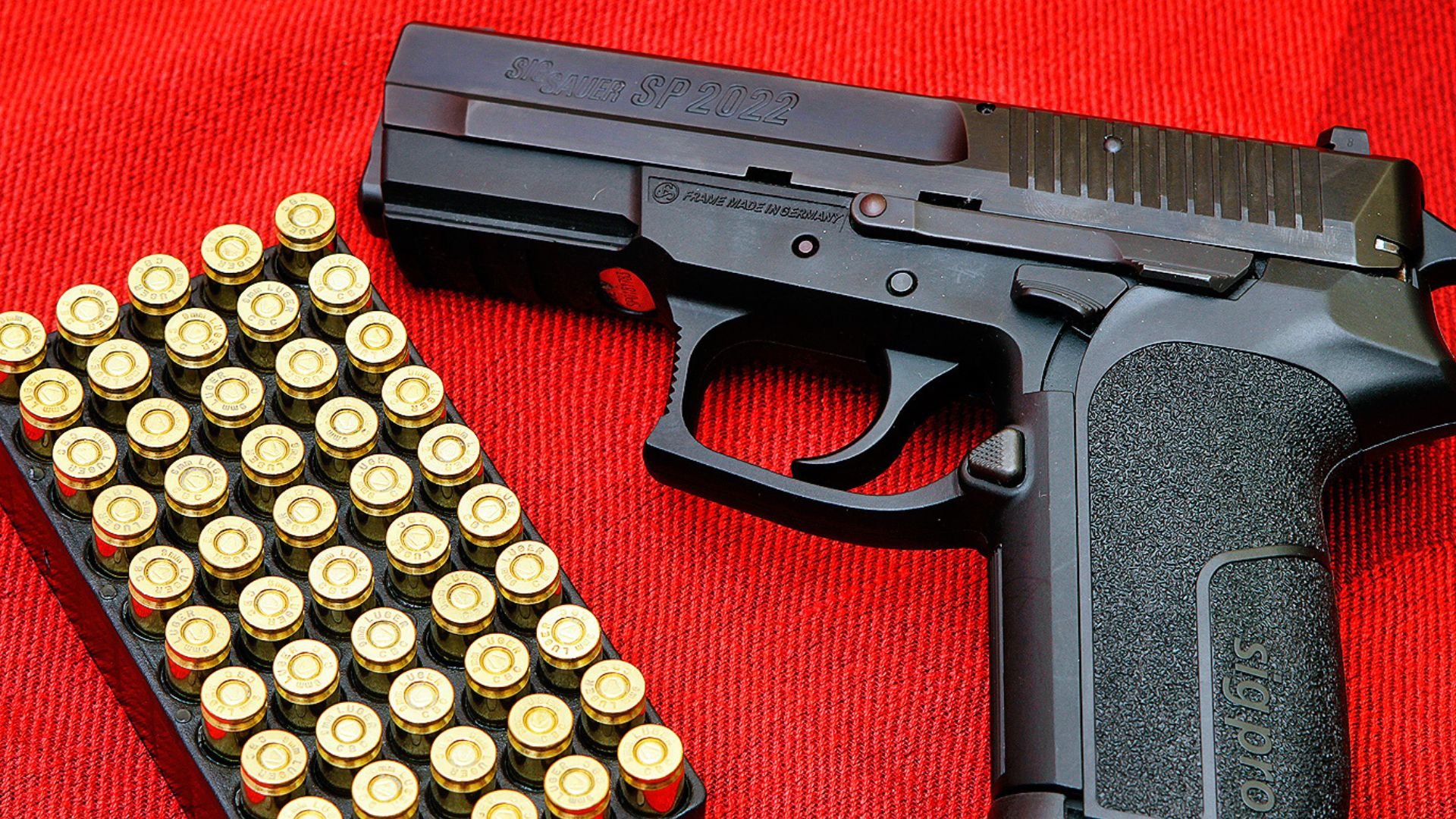
In a notable extension of his ruling, Judge Conner declared that prohibiting firearms possession without a license during state emergencies is unconstitutional.
This ensures that individuals can maintain their right to bear arms, even under extraordinary circumstances, safeguarding constitutional protections when they might be most needed.
A Split Decision
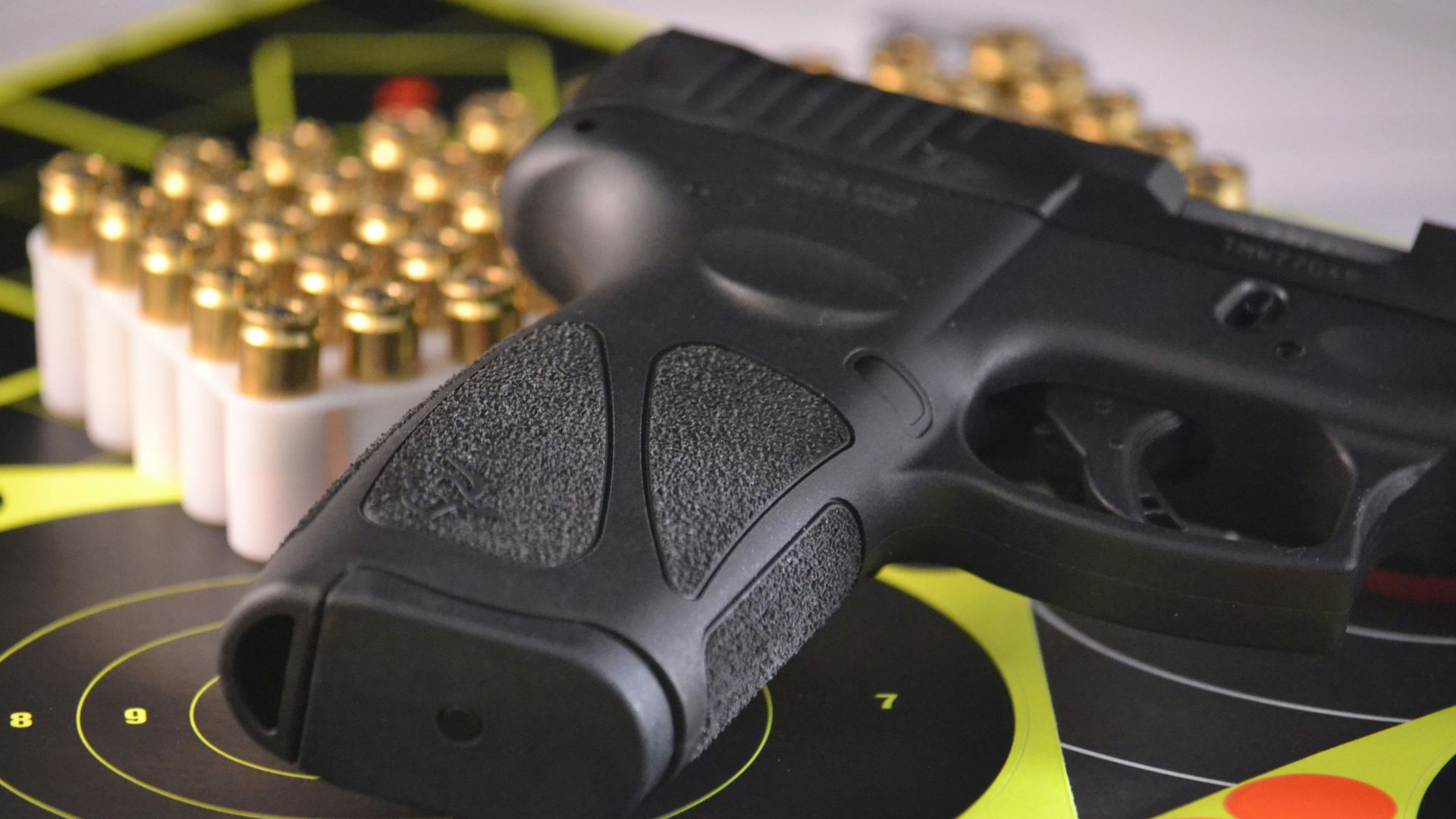
The outcome wasn’t entirely one-sided.
While many aspects favored gun rights advocates, the court sided with State Police Commissioner Col. Christopher Paris on a separate issue, dismissing a challenge to another segment of the state’s firearms laws due to the plaintiffs’ lack of standing.
What’s Next in the Legal Saga?

The door remains open for further legal challenges.
Judge Conner indicated that if the plaintiffs file an amended complaint, the case will move to the Eastern District for continued litigation. This ongoing nature of the case suggests more developments are likely on the horizon.
SAF’s Reaction to the Ruling
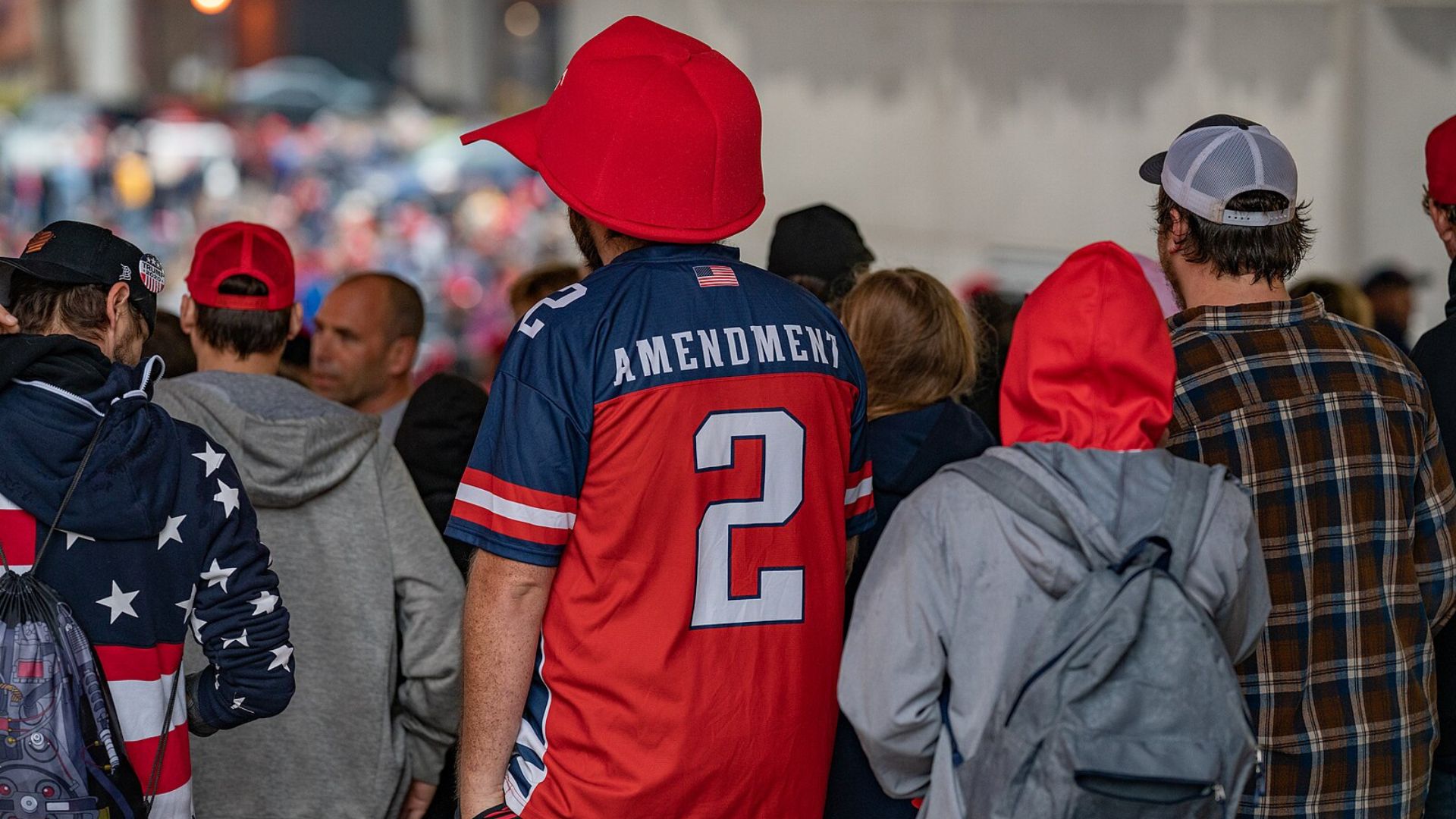
The SAF is riding high on this win. Alan M. Gottlieb, the group’s founder, expressed his satisfaction, stating, “Each victory takes us a step further in our efforts to win firearms freedom one lawsuit at a time.”
This verdict is just the latest in their long-term strategy to reshape gun rights nationally.
Planning the Next Moves
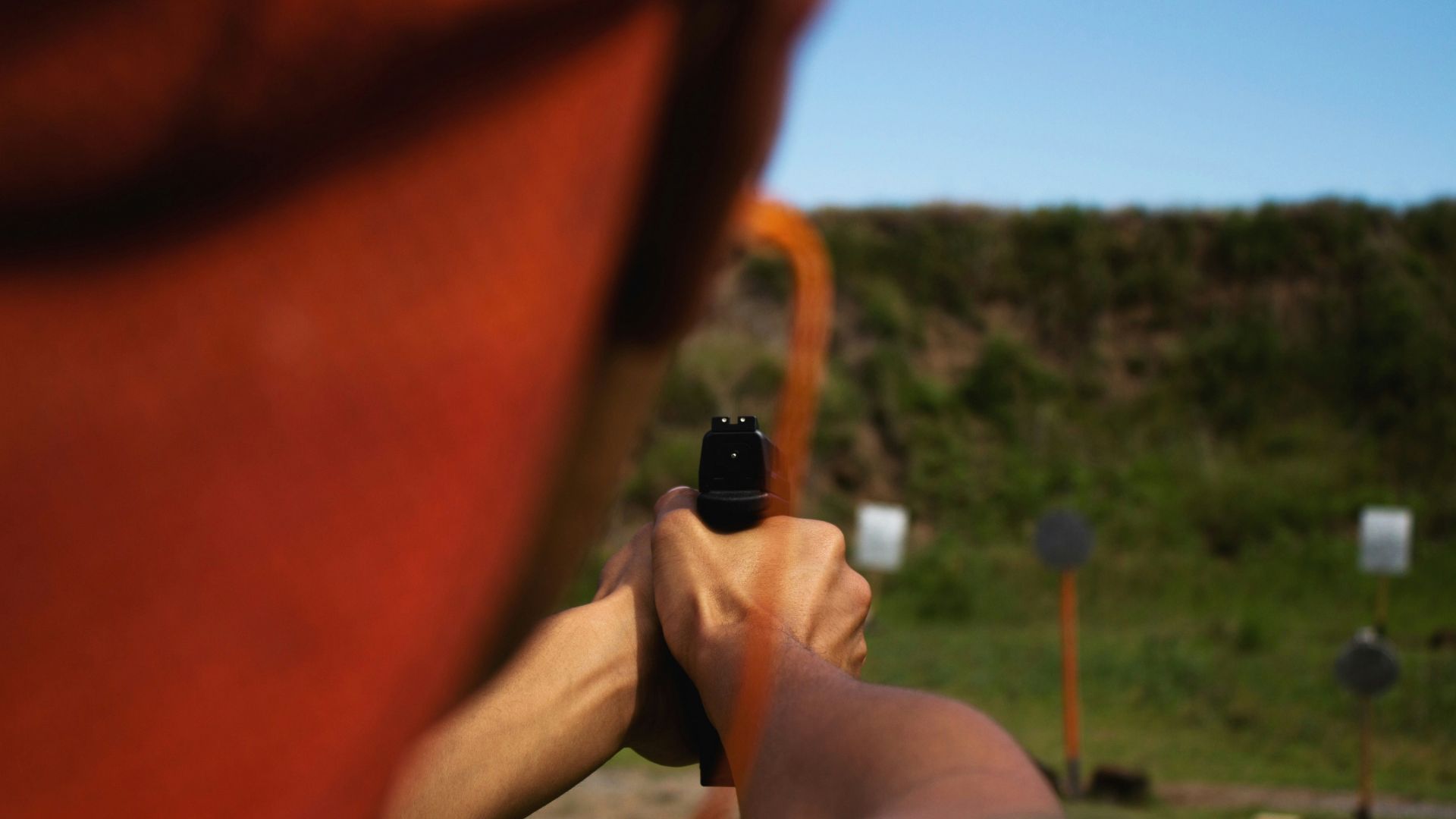
Adam Kraut, SAF’s Executive Director, reflected on the decision, noting, “We will evaluate the judge’s ruling and determine our next course of action.”
This comment shows the organization is cautiously optimistic but remains ready to continue their advocacy through legal channels.
Community Impact of the Ruling

The ruling lifts restrictions for numerous Pennsylvanians, making it easier to transport and carry firearms in vehicles.
This change is poised to significantly affect those who view carrying a firearm as essential to their personal safety and constitutional rights.
Setting a Precedent?

The ripple effect of this decision could be substantial. Legal experts are watching closely, pondering if this case might influence other states with similar restrictions.
The broader implications for national gun laws hinge on how this precedent plays out in courts across America.
Mixed Reactions From the Community
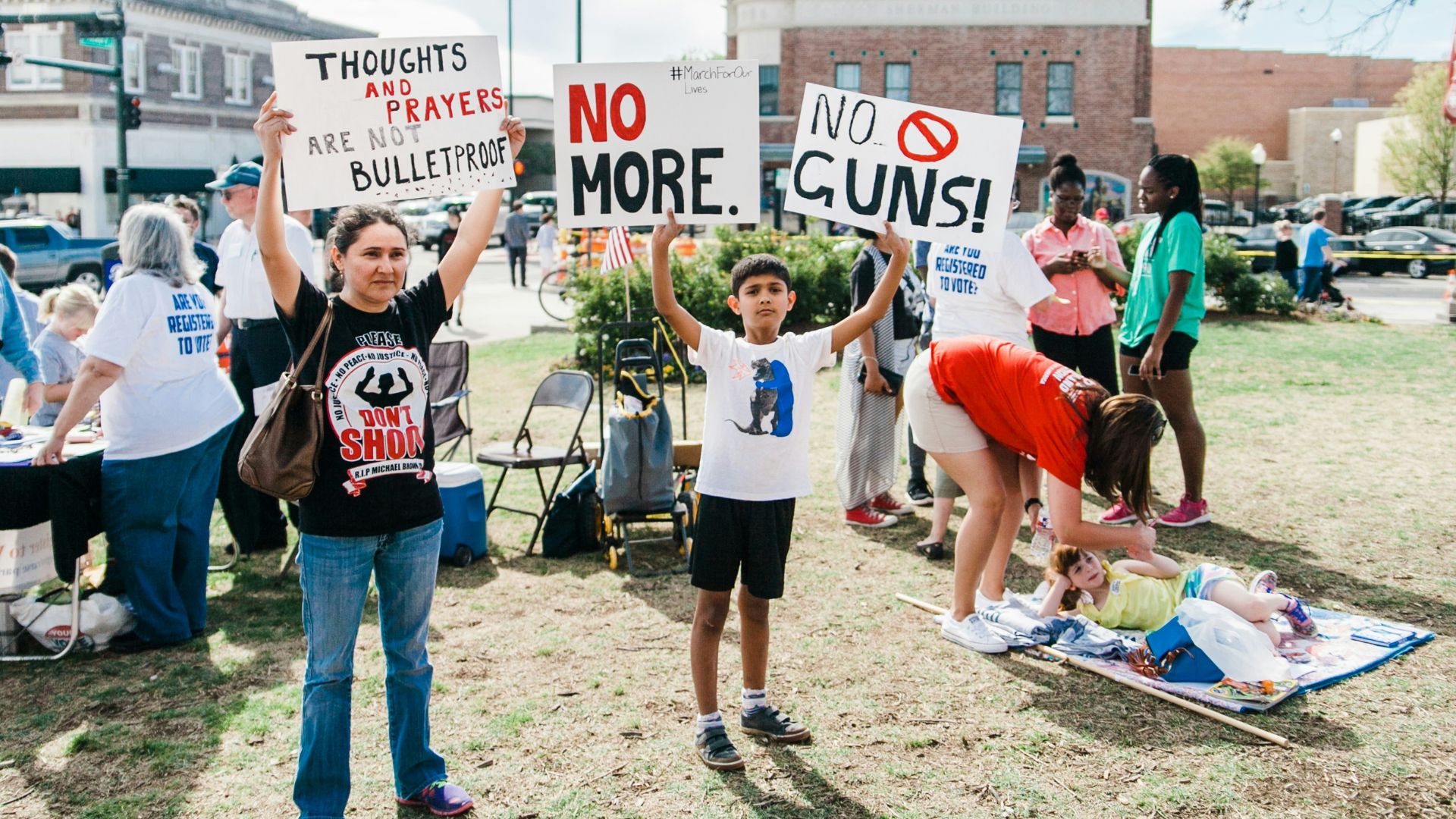
The community’s response to the ruling is mixed. While some celebrate the increased freedom to carry firearms for self-protection, others are concerned about the potential risks to public safety.
This debate reflects the ongoing tension between upholding individual rights and ensuring community safety.
Adjustments for Law Enforcement

In response to the ruling, Pennsylvania State Police, led by Commissioner Col. Christopher Paris, will need to modify their enforcement practices.
The now-unconstitutional provisions will no longer be enforced, prompting a reevaluation of current police protocols and interactions with the public.
Beyond Pennsylvania
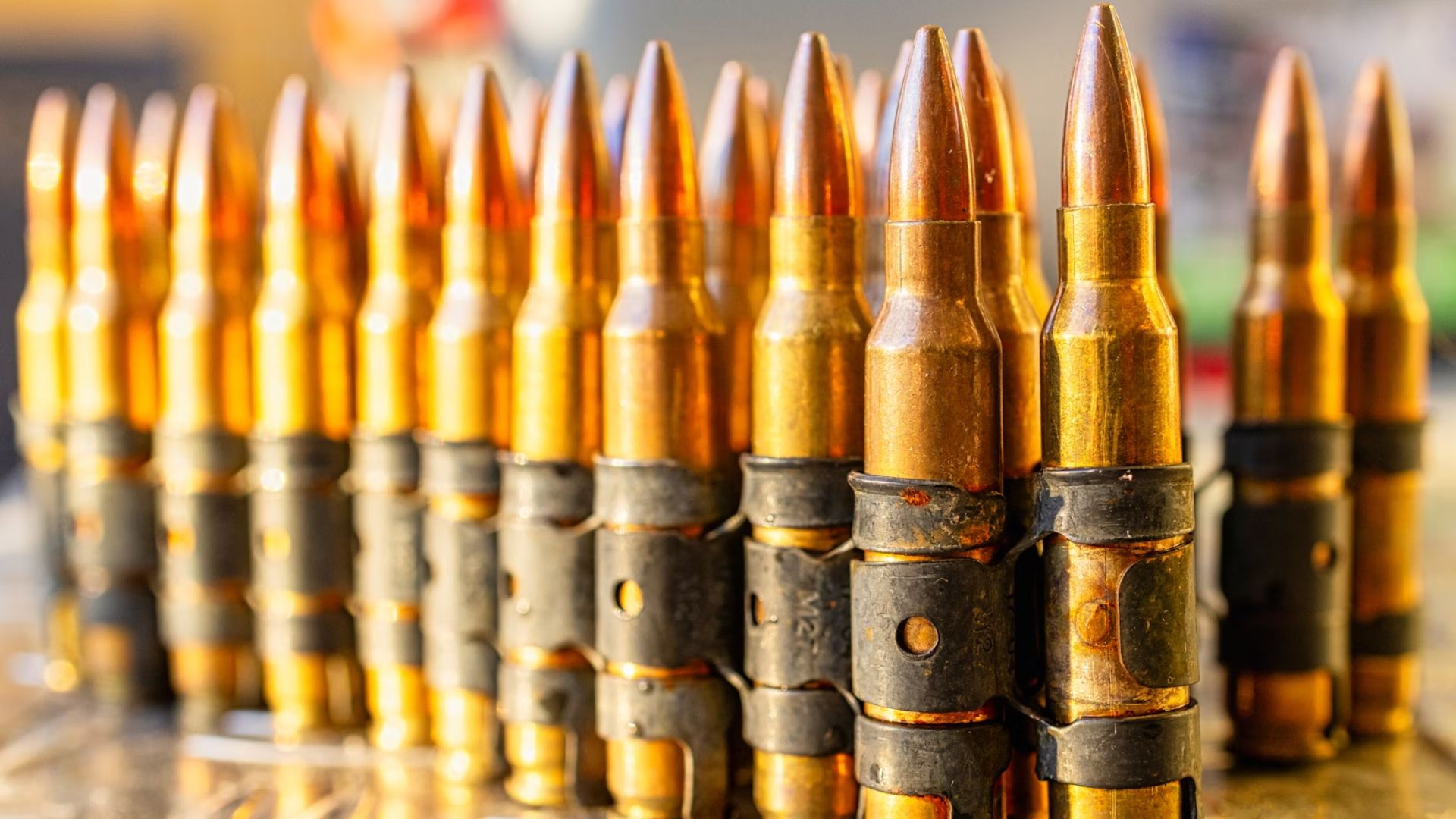
Federal judges across the country are setting new legal precedents for gun owners and the situations in which they can bear arms.
District Judge Peter Sheridan found that New Jersey’s ban on the AR-15 rifle is unconstitutional. However, in his 69-page opinion, Sheridan says that the state’s cap on magazines over 10 rounds is constitutional. However, Sheridan also said that Congress and the president could do more to reduce gun-related violence across the country.
Supreme Court Rulings
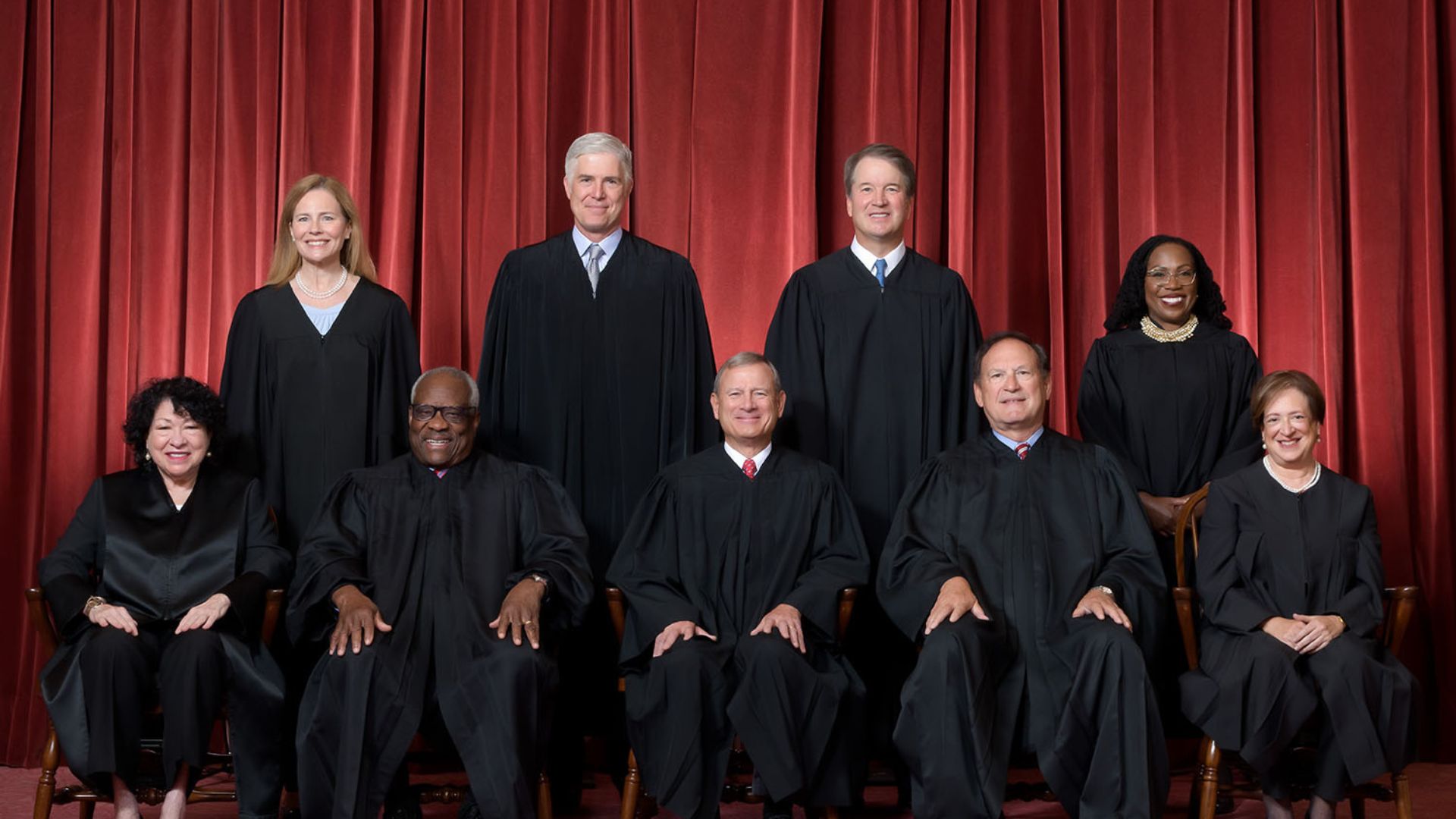
Sheridan explained that he felt compelled to rule the way he did because of the Supreme Court’s new rulings that expand gun rights, especially the 2022 Bruen decision.
Sheridan said, “It is hard to accept the Supreme Court’s pronouncements that certain firearms policy choices are ‘off the table’ when frequently, radical individuals possess and use these same firearms for evil purposes.”
The State Attorney General Is Appealing

Other politicians in New Jersey are not accepting Judge Sheridan’s ruling lightly.
New Jersey’s Attorney General, Matt Platkin, has decided to appeal the ruling that the ban on AR-15s is unconstitutional. Platkin said, “The AR-15 is an instrument designed for warfare that inflicts catastrophic mass injuries, and is the weapon of choice for the epidemic of mass shootings that have ravaged so many communities across this nation.”
Many States Are Faced With New Questions
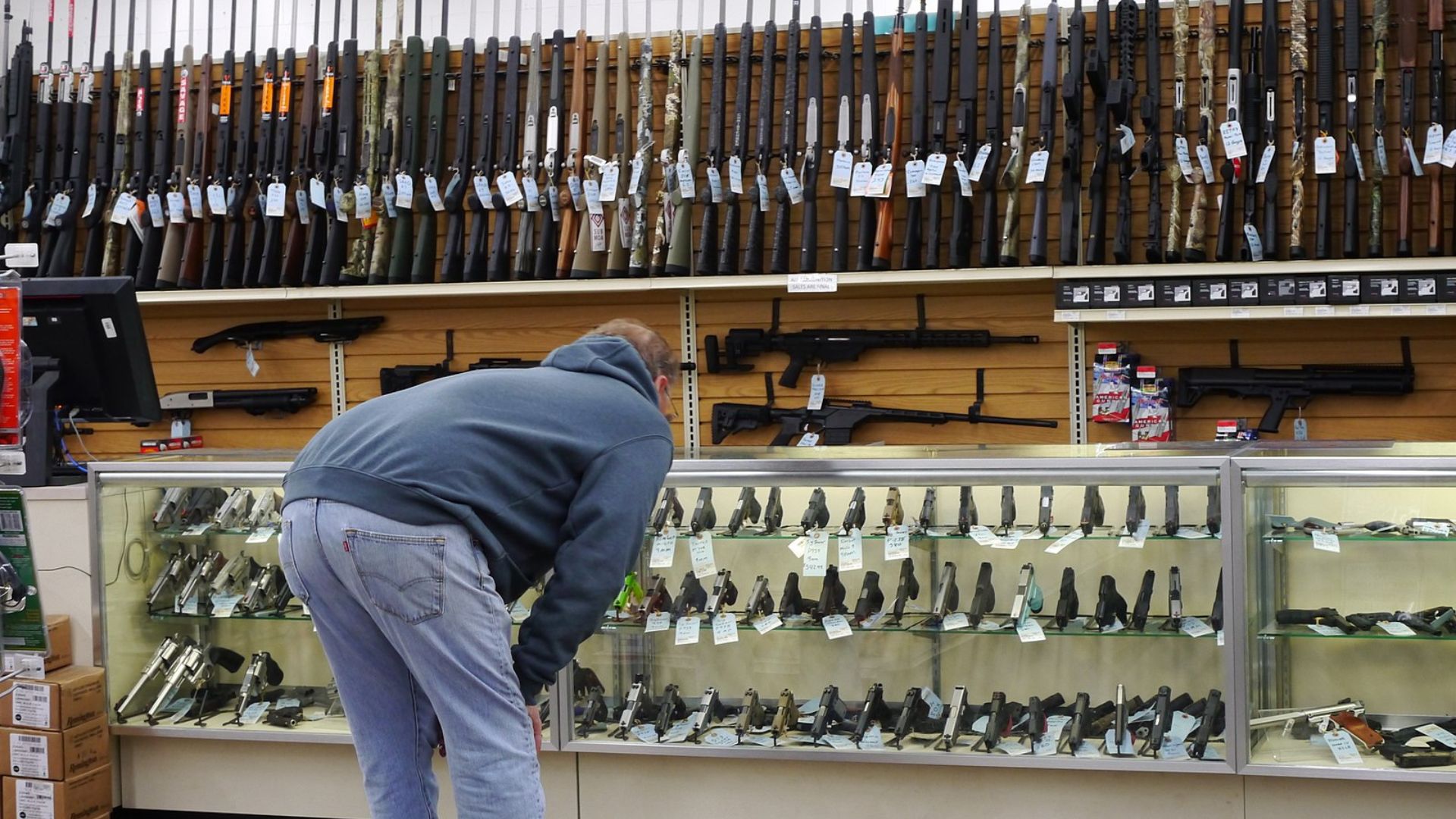
New questions around gun ownership are sweeping across the northeastern states, such as New Jersey. This is despite many of them having the strictest gun laws in the country.
A gun-rights group has challenged Connecticut’s 2013 law that banned assault weapons after the Sandy Hook Elementary School shooting. Further questions across the country include whether people under 21 should be able to purchase handguns in Minnesota and whether federal rulings are in line with Hawaii’s state constitution.
The Bruen Decision
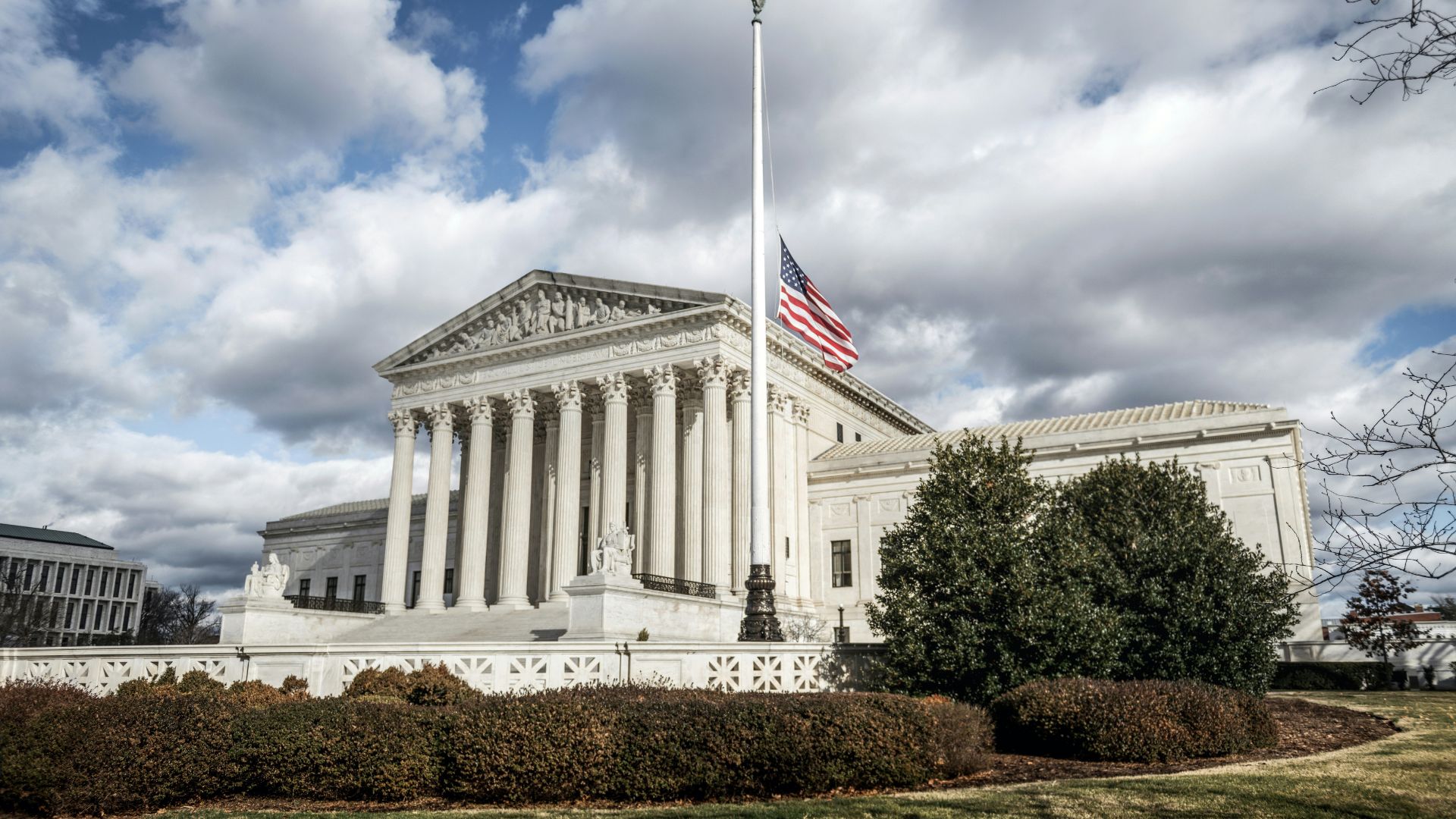
Judge Sheridan’s ruling on the ownership of AR-15s was reluctantly made based on the Bruen decision by the Supreme Court.
The Bruen decision was a radical reinterpretation of gun rights authored by Justice Clarence Thomas two years ago. The New York State Rifle and Pistol Association Inc. v. Bruen completely overhauled previous approaches that lower courts could take toward gun rights.
Text and Tradition

How does the Bruen decision affect the rulings that lower courts can make about the right to bear arms?
Justice Clarence’s new test for the constitutionality of gun ownership is based on historical precedent. This new legal test directs courts to disregard public safety when assessing gun regulations. The new priority in these decisions is whether similar laws existed between the ratification of the Bill of Rights in 1971 and the end of the Civil War.
Bruen Needs Clarifying
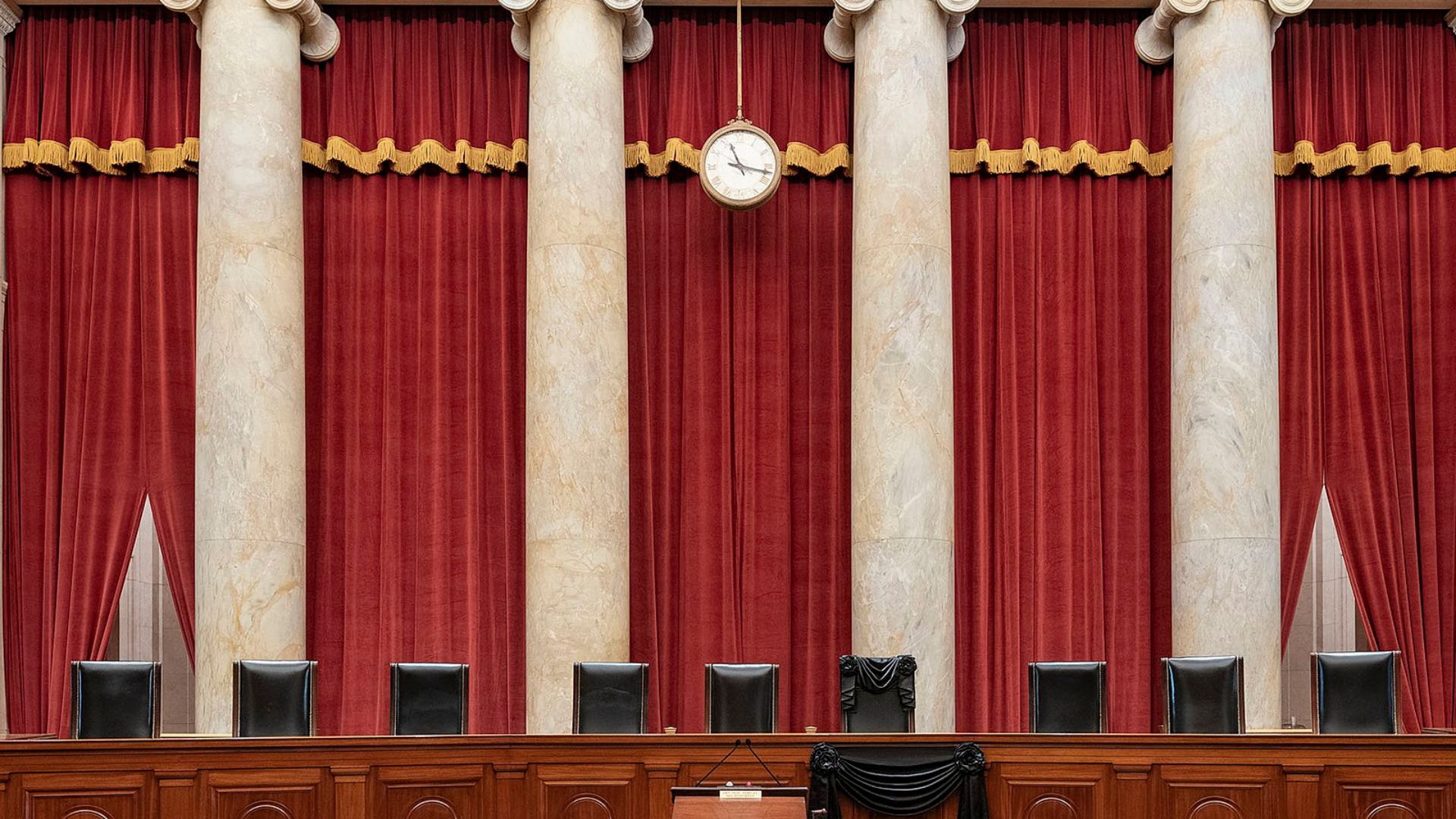
The Supreme Court has recently weighed in on gun rights rulings for the first time since the 2022 Bruen decision.
The court recently decided to uphold a 30-year-old law barring domestic abusers from possessing guns. Perhaps this ruling indicates that the Supreme Court will start clarifying how far historical precedent should go in lower courts’ decisions after two years of chaos and confusion.
An Unworkable Test
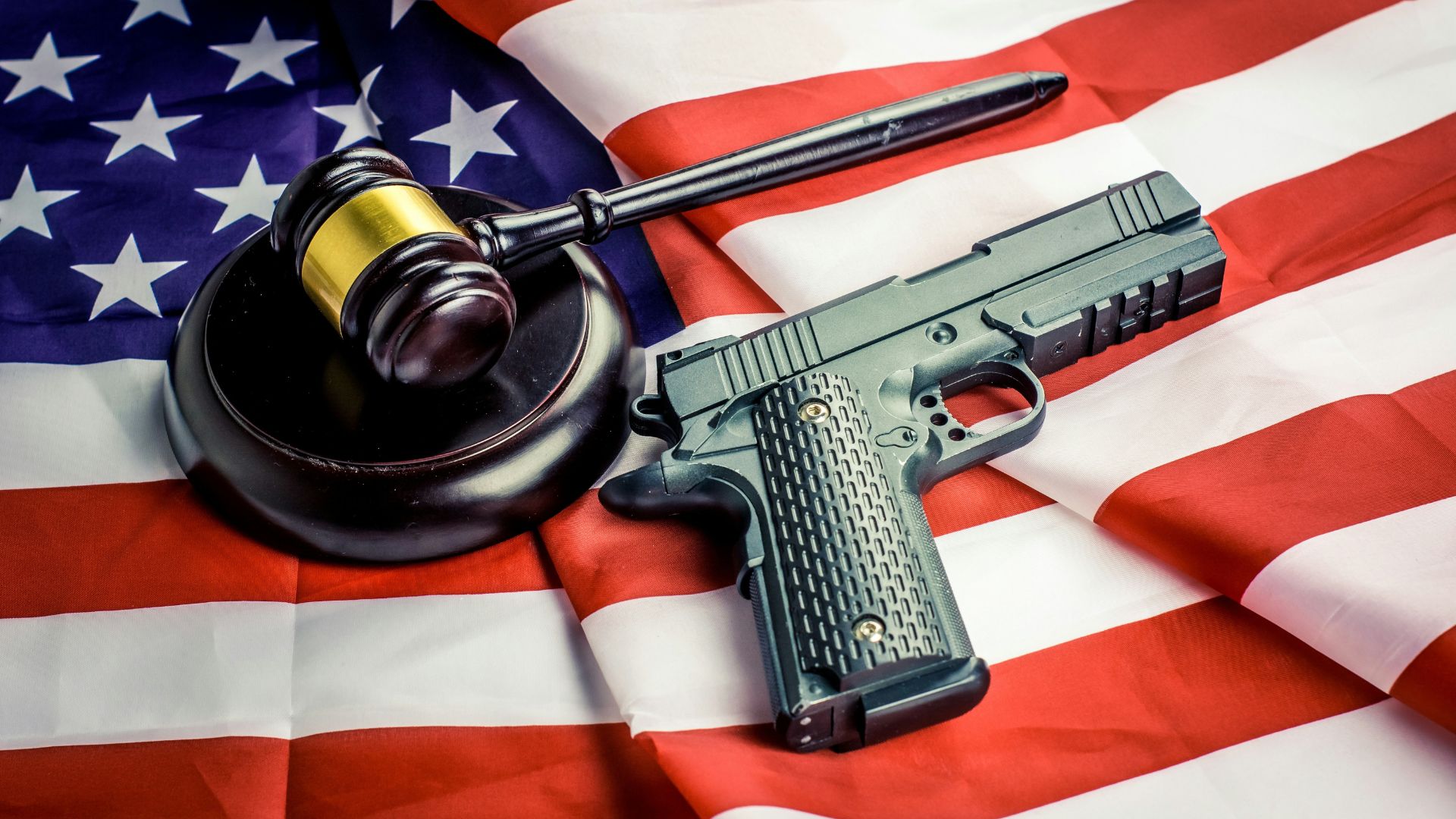
Judges from lower courts and lawmakers have complained that the Bruen decision is an extremely difficult test for the legality of certain gun ownership policies.
The Bruen test complicated the case that brought into question whether domestic abusers can carry firearms. Eric Ruben, a law professor at Southern Methodist University, said, “What is telling is that this is an easy case, but it took 100 pages of opinions to explain why.”
A Surge in Self-Defense Plans

While we are seeing an expansion of gun rights, the consequences of opening up gun ownership are increasingly apparent in the legal sector.
CCW Safe has announced a 30% annual member growth rate. The company helps civilians and off-duty police officers who have found themselves in deadly self-defense incidents. One of CCW Safe’s attorneys, Don West, represented George Zimmerman, the cop who was acquitted after the shooting and killing of Trayvon Martin in Sanford, Florida.
The Road Ahead
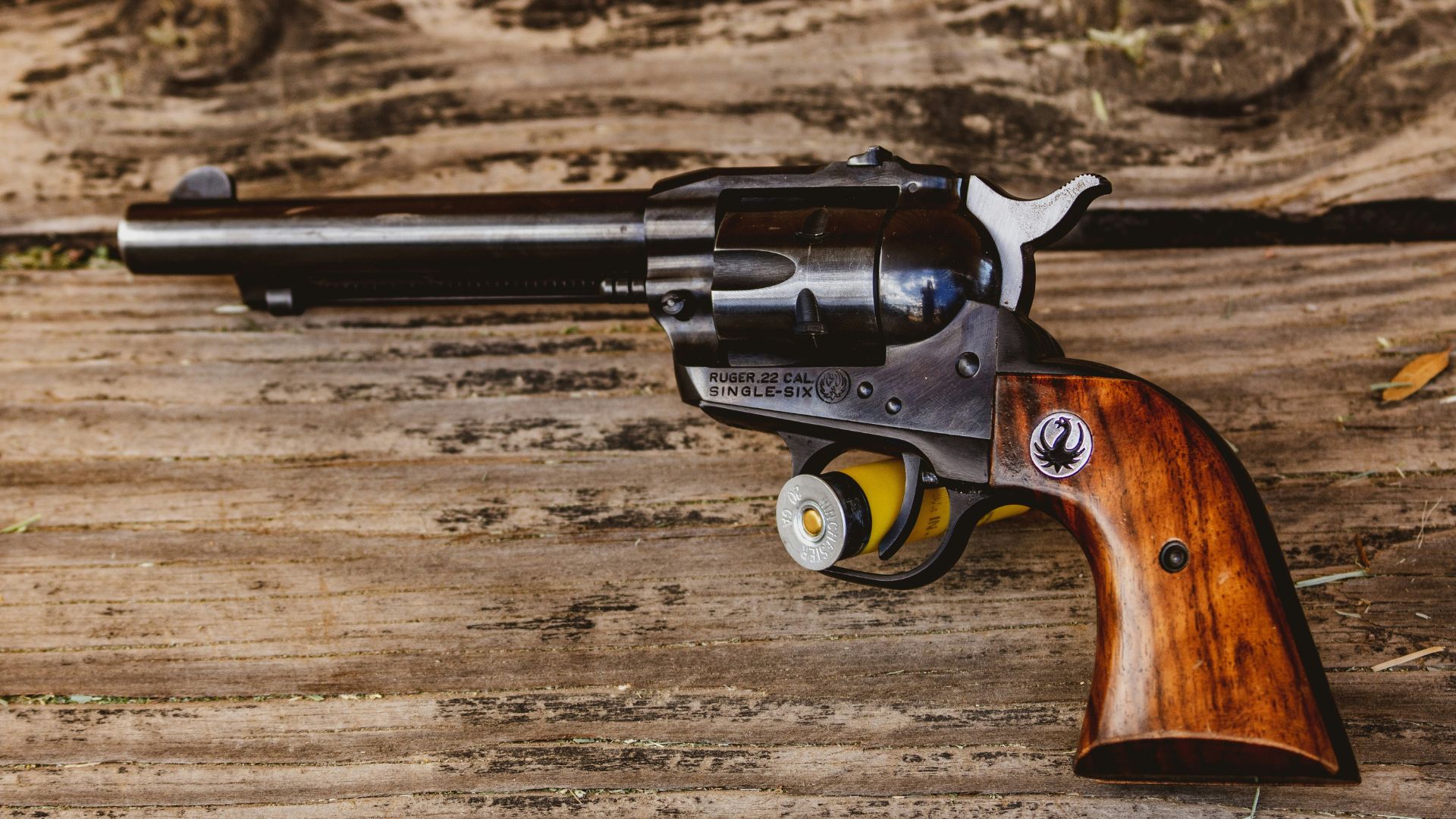
As the case potentially progresses with further legal action, all parties involved, including SAF, remain engaged in advocating for what they believe are fundamental rights.
The unfolding situation continues to highlight the dynamic and contentious nature of the national debate on gun control and rights.
